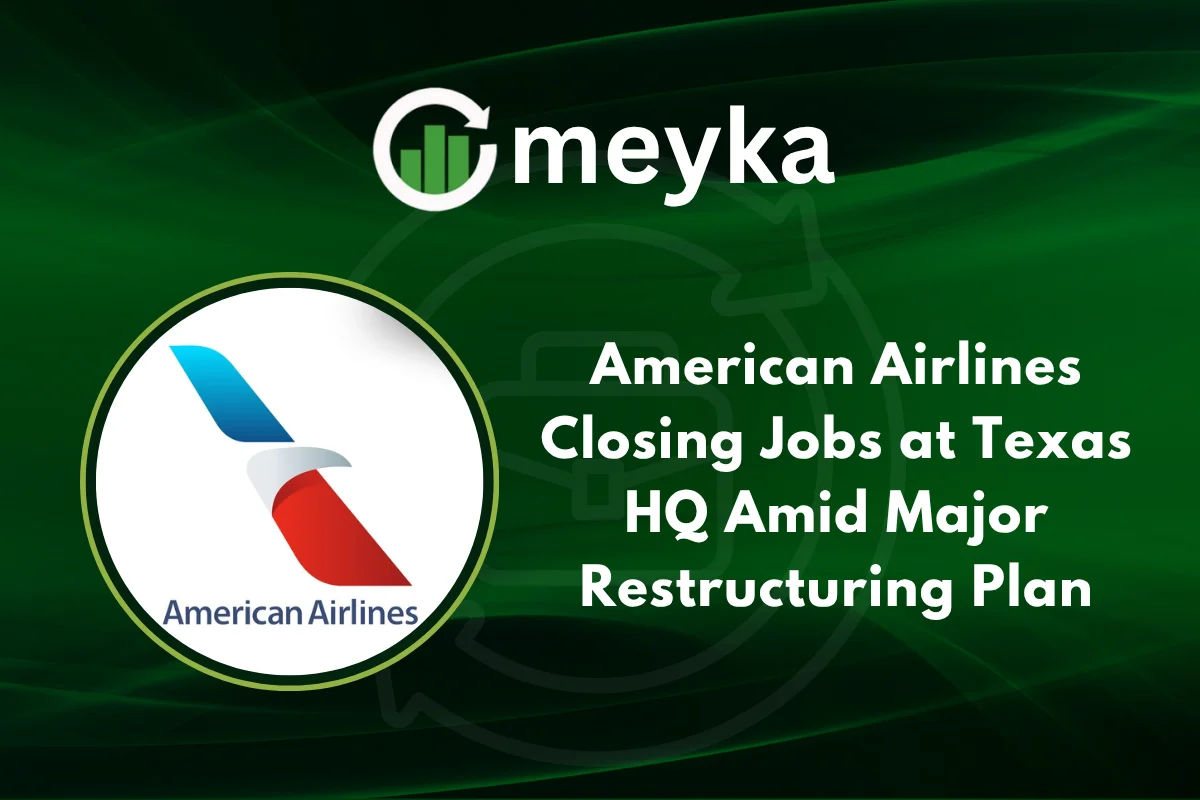American Airlines Closing Jobs at Texas HQ Amid Major Restructuring Plan
American Airlines has launched a major restructuring plan that includes closing hundreds of jobs at its Texas headquarters. This decision marks one of the airline’s most significant workforce changes since the pandemic recovery began. As the aviation industry faces new economic pressures, American Airlines is shifting its strategy to reduce expenses, streamline departments, and redirect investment toward automation and long-term efficiency.
Continue Reading on Meyka
This article is available in full on our main platform. Get access to complete analysis, stock insights, and more.
Read Full Article →





